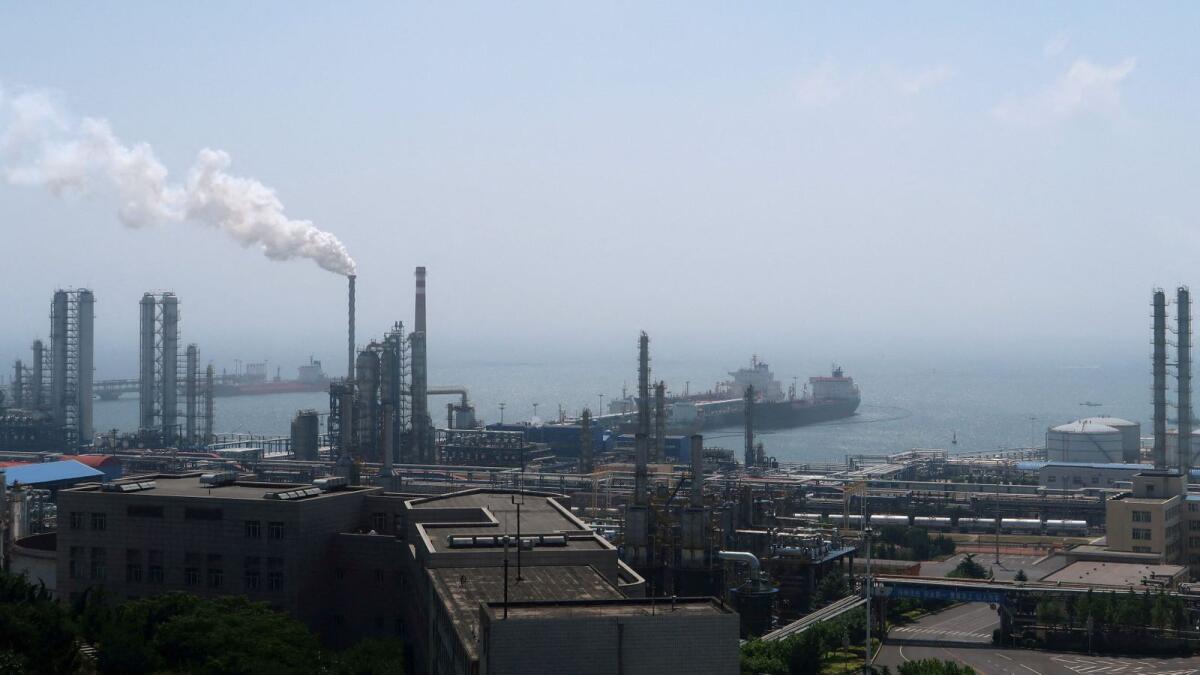CNPC, Asia’s top oil producer, is facing challenges with stagnant oil output at home and a scarcity of new projects globally to boost reserves. In order to address these concerns, the company is considering reviving its dealmaking strategy. This strategy includes exploring options such as gas liquefaction and deep-sea drilling, as well as focusing on producing more from aging wells. This shift in strategy marks a return to the more acquisitive approach CNPC took in the 1990s and 2000s, when it made significant investments in countries like Canada, Sudan, and Chad.
Lu Ruquan, director of CNPC’s Economics and Technology Research Institute (ETRI), emphasized the importance of global acquisitions for the company’s future growth. He compared CNPC’s overseas investment history to a vessel sailing midstream and stressed the need to continue paddling forward to avoid retreating backward. CNPC has the financial resources to make a significant impact on the oil and gas deals landscape, with PetroChina alone holding $37.5 billion in cash equivalents.
One area of potential expansion for CNPC is liquefied natural gas (LNG) investments in Qatar, building upon a deal made last year with QatarEnergy. Additionally, the company is looking at opportunities in South American deep-sea acreage adjacent to fields where significant oil discoveries have been made. Despite facing geopolitical hurdles in key regions like Venezuela, Iran, and Russia, CNPC is exploring practical options such as extending existing contracts in countries like Kazakhstan and Indonesia.
Analysts predict a revival in international acquisitions by national oil companies (NOCs) after a two-decade low last year, as the industry refocuses on oil and gas amid a slowdown in energy transition activity. CNPC, one of China’s largest NOCs, is prioritizing international business development but is taking a cautious approach to deal-making in recent years. The company is facing significant geopolitical challenges in regions like Russia and the United States, where strained relations have hindered investment opportunities.
Despite challenges, CNPC remains focused on leveraging its strength in extracting oil from aging fields to drive future growth. The company’s alliances with oil majors have also been instrumental in its operations, such as the partnership at the Kashagan field in Kazakhstan with Chevron. However, Lu emphasized the challenges of safeguarding interests and accessing operational information as a small investor, highlighting the need for strong commercial and legal skills. Moving forward, CNPC will continue to evaluate opportunities for global acquisitions to drive its growth strategy and expand its presence in the international oil and gas market.










